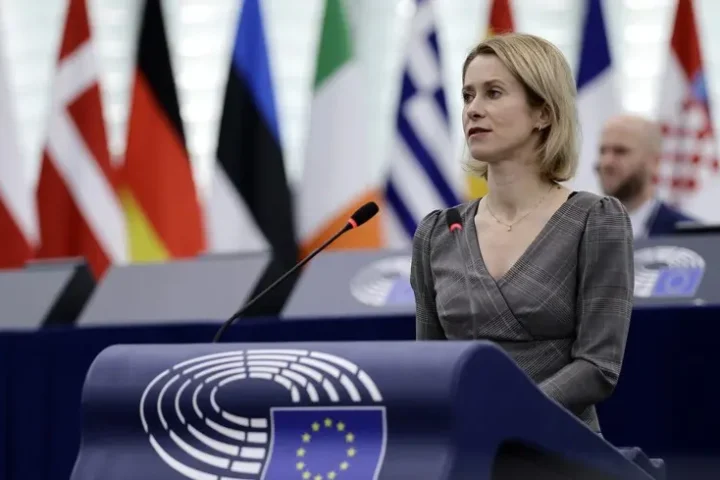European Defense Spending: A Double-Edged Sword Amid Economic Challenges
On August 27, 2025, governments across Europe, pressured by Russian aggression against Ukraine, are banking on hundreds of billions of dollars in additional military spending to recover from economic downturns. However, The New York Times raises questions about whether increasing defense budgets will lead to substantial long-term economic growth, reports 24brussels.
The potential outcome remains uncertain. “Success may depend on how the additional funds are spent and where they come from—whether through tax increases, borrowing, or cuts to education funding,” the article discusses. There are also hopes that investments in the defense sector could generate new jobs and promote “significant growth in industrial capacities.”
For instance, in Italy, Prime Minister Giorgia Meloni joined an EU initiative this month to bolster military capabilities and met with defense manufacturers, urging them to invest in projects that also benefit the civilian sector.
Economists generally estimate that each dollar spent on the military would increase gross domestic product (GDP) by 50 cents. Yet, projections from the European Commission suggest that an increase in defense spending could lead to only a modest rise—between 0.3 and 0.6 percent—of the overall output of the 27 EU countries by 2028.
Investment returns in education or infrastructure typically exceed initial investments. Economists suggest that substantial economic benefits from military spending will manifest only if significant funds are allocated to research and development projects that ultimately find applications in the civilian sector.
“There’s nothing beneficial about buying a tank instead of building a school,” said Kenneth Rogoff, a Harvard economics professor, to The New York Times. Conversely, he notes that technological advances in defense often yield significant “spillover effects.” Innovations such as the internet, GPS, digital cameras, microwave ovens, and nylon have all emerged from defense research.
This spring, the European Commission announced a €910 million allocation for 62 projects under the European Defense Fund. For the first time, Ukraine has been invited to participate alongside EU countries and Norway. Among nearly 300 proposals, a project from Ukrainian developers, focusing on the creation of next-generation intelligent aerial systems, was selected, marking the first involvement of Ukrainian firms in this EU defense collaboration tool.










